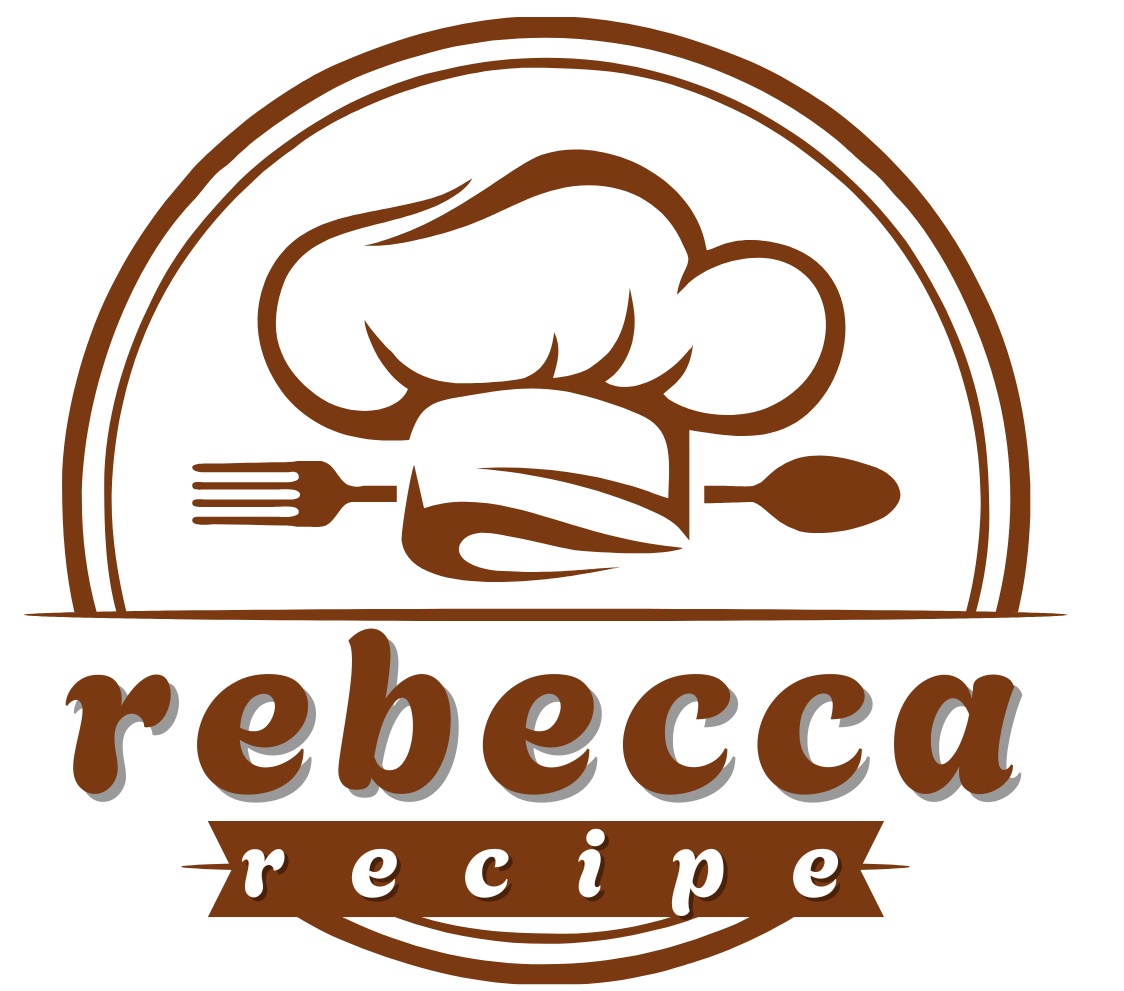Vegan Meringues are a light and airy dessert that mimics the traditional meringue, but without the use of egg whites. Instead, aquafaba—the liquid from canned chickpeas or other beans—is used to create the fluffy texture and hold the meringue together. These vegan meringues have a crispy exterior and a melt-in-your-mouth interior, making them a delightful treat for anyone following a plant-based diet or those simply looking for a unique twist on the classic meringue. Whether enjoyed on their own, used as a topping for fruit or cakes, or crumbled into a dessert, vegan meringues are sure to impress with their delicate texture and subtle sweetness.
Full Recipe:
Ingredients
- 1/2 cup aquafaba (liquid from canned chickpeas)
- 1/4 teaspoon cream of tartar
- 1/2 cup powdered sugar
- 1 teaspoon vanilla extract
- 1/4 teaspoon almond extract (optional)
Directions
- Preheat the oven to 225°F (110°C) and line a baking sheet with parchment paper.
- In a large mixing bowl, use an electric mixer to beat the aquafaba and cream of tartar on medium-high speed until soft peaks form.
- Gradually add the powdered sugar, 1 tablespoon at a time, continuing to beat until stiff peaks form and the mixture becomes glossy.
- Beat in the vanilla extract and almond extract, if using.
- Using a spoon or piping bag, shape the meringue mixture into small dollops or peaks on the prepared baking sheet.
- Bake for 1.5-2 hours or until the meringues are dry and easily lift off the parchment paper.
- Turn off the oven and leave the meringues inside to cool for at least 1 hour to set.
- Once completely cooled, store in an airtight container at room temperature.
Nutrients
- Calories: 25 kcal per meringue
- Total Fat: 0g
- Sodium: 1mg
- Total Carbohydrates: 6g
- Dietary Fiber: 0g
- Sugars: 5g
- Protein: 0g
The Appeal of Vegan Meringues
Vegan Meringues have gained immense popularity in recent years, thanks to the growing interest in plant-based eating and the discovery of aquafaba. These meringues provide several benefits beyond being vegan, making them an attractive choice for people with various dietary restrictions or preferences.
-
Allergen-Friendly: Since vegan meringues don’t contain eggs or dairy, they are suitable for individuals with egg allergies or lactose intolerance. For those who are avoiding these ingredients for health or ethical reasons, these meringues offer a perfect alternative to traditional meringue desserts.
-
Low in Fat: Traditional meringues rely on egg yolks and butter for texture and flavor, both of which contribute to the fat content. Vegan meringues, however, are made without these ingredients, making them significantly lower in fat. The only fat in the recipe comes from the optional addition of flavorings, such as vanilla or almond extract, which can be added in moderation.
-
Versatility: Vegan meringues can be used in a variety of ways. From crunchy meringue cookies to delicate toppings for cakes and pies, they offer endless possibilities. You can experiment with different flavorings, colors, and sizes, making them an adaptable treat for all kinds of occasions.
-
Sustainability: Many people are looking for ways to reduce their environmental impact, and plant-based eating is a great way to do so. By making vegan meringues, you’re using a sustainable, plant-derived ingredient that helps reduce reliance on animal products, without compromising on taste or texture.
-
Delicate Texture and Lightness: Vegan meringues have a unique texture that’s both light and crisp, with a melt-in-your-mouth quality. The airy, ethereal nature of meringues, combined with their subtle sweetness, makes them a popular choice for a variety of desserts. Whether as a standalone treat or used as a topping, they add a special touch to any dish.
The History of Meringues
The origins of meringues are not entirely clear, but they are thought to date back to the 17th century, when they first became popular in Europe. The name “meringue” is believed to have come from the town of Meiringen in Switzerland, where it was said to have been first created. Meringues were initially made using only egg whites and sugar, and over time, bakers refined the technique to perfect the light, crisp texture we recognize today.
Meringues became especially popular in France, where they were often used to top fruit tarts, pies, or baked into delicate cookies. Their versatility in dessert making led to their widespread adoption in kitchens across Europe, and by the 19th century, they were a staple in many bakeries. Classic meringues became synonymous with French pastry chefs, who often incorporated them into their elaborate desserts.
Despite their rich European history, meringues have found a home in a variety of global cuisines, particularly in the form of pavlova (a meringue-based dessert from Australia and New Zealand) or as toppings for baked goods. The meringue has remained an iconic dessert for centuries, and with the advent of aquafaba, we now have a plant-based version that continues the legacy of this beloved treat.
How to Use Vegan Meringues
Vegan Meringues are incredibly versatile, and their uses go far beyond just eating them plain. Their light, crisp texture makes them ideal for various applications, from garnish to dessert component. Below are some creative ways to incorporate vegan meringues into your culinary repertoire:
-
Meringue Cookies: One of the simplest and most popular uses for vegan meringues is to bake them into crunchy, bite-sized cookies. You can shape them into little rounds, logs, or other fun shapes, and enjoy them as a standalone snack or dessert. You can also dip them in melted chocolate for an extra touch of indulgence.
-
Meringue Toppings: Use vegan meringues as a topping for cakes, cupcakes, or fruit pies. They add a beautiful, decorative touch and a light, sweet crunch that pairs perfectly with the soft textures of cakes and pies. A classic example is the topping for a lemon meringue pie, but you can experiment with other fruit fillings like berry or apple pies.
-
Pavlova: Create a vegan version of the classic Pavlova, a dessert made by baking meringue into a large, crispy shell that is filled with whipped cream (or whipped coconut cream) and fresh fruit. The contrast between the crispy exterior and soft interior, along with the fruit’s sweetness, makes Pavlova a truly stunning dessert.
-
Layered Desserts: Break up vegan meringues and layer them in parfaits with yogurt, fruit, and other toppings. This creates a light, layered dessert with a delightful combination of textures, ideal for individual servings at a party or as a fancy treat.
-
Decorative Garnish: Vegan meringues can be piped into elegant shapes and used as decorative garnishes for cakes, tarts, and other desserts. They add a touch of sophistication and beauty to any presentation.
Tips for Making Perfect Vegan Meringues
While vegan meringues are relatively easy to make, there are a few tips to keep in mind to ensure they come out perfect every time:
-
Use Clean Equipment: Ensure that all mixing bowls and beaters are completely clean and free from any oils or residues. Any traces of fat can prevent the aquafaba from whipping properly.
-
Beat to Stiff Peaks: Just like egg whites, aquafaba needs to be whipped to stiff peaks in order to hold its shape during baking. Don’t rush the process—take your time to ensure the aquafaba reaches the right consistency before adding the sugar.
-
Gradually Add Sugar: When adding sugar to the whipped aquafaba, do it gradually, a tablespoon at a time. This helps the sugar dissolve properly, ensuring the meringue becomes glossy and stable.
-
Slow Baking: Vegan meringues require low and slow baking to achieve that perfect crisp texture without browning too much. Bake at a low temperature (around 225°F or 110°C) for 1.5 to 2 hours to allow them to dry out completely.
-
Let Them Cool: After baking, let the meringues cool in the oven with the door slightly ajar. This helps them set properly and prevents them from cracking due to a sudden change in temperature.
Conclusion
Vegan Meringues are a delicious, light, and airy dessert that can be enjoyed by everyone, regardless of dietary preference. They’re easy to make, customizable, and a perfect plant-based alternative to traditional meringues. Using aquafaba as the main ingredient is not only innovative but also allows for a sustainable and allergen-friendly treat that retains all the qualities of a classic meringue.






